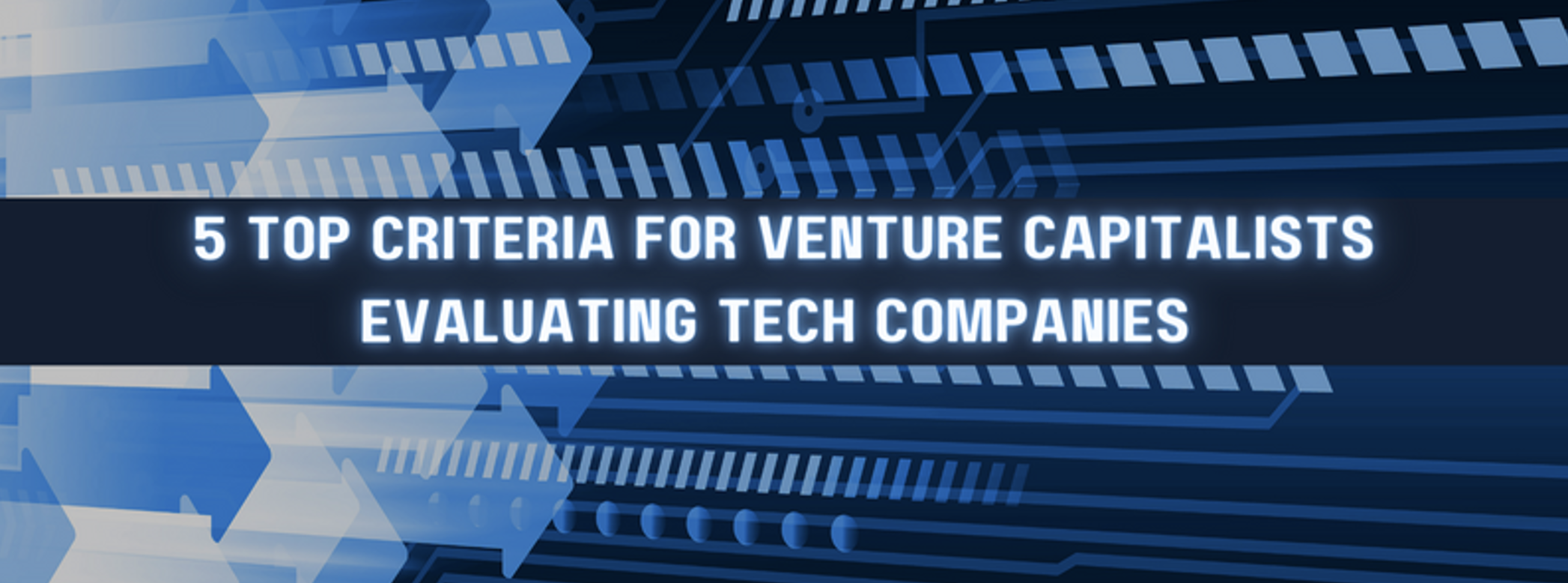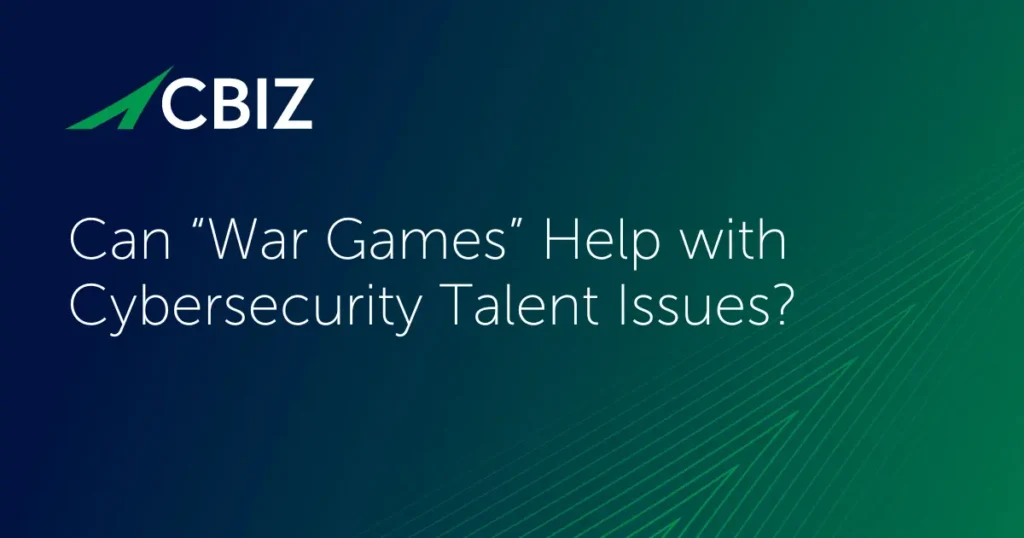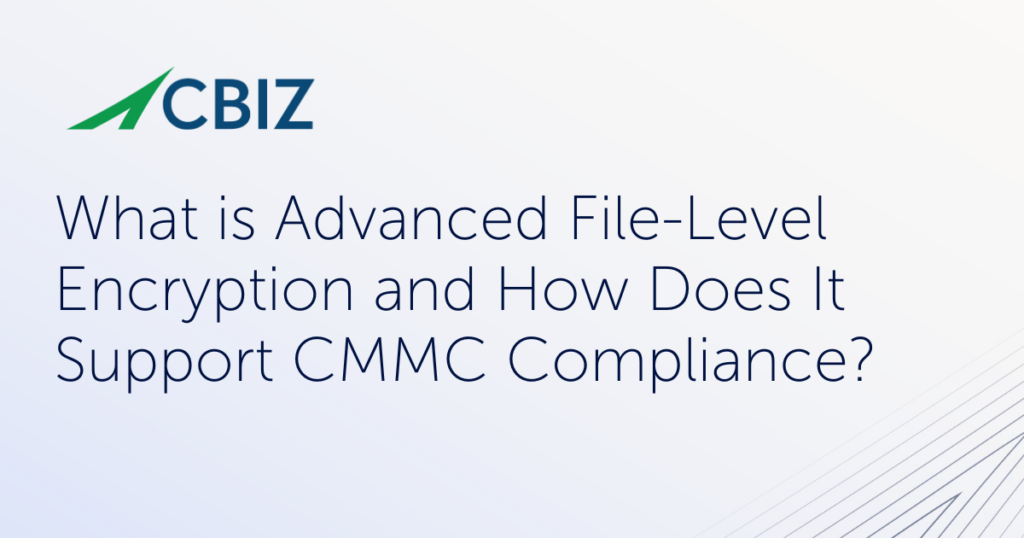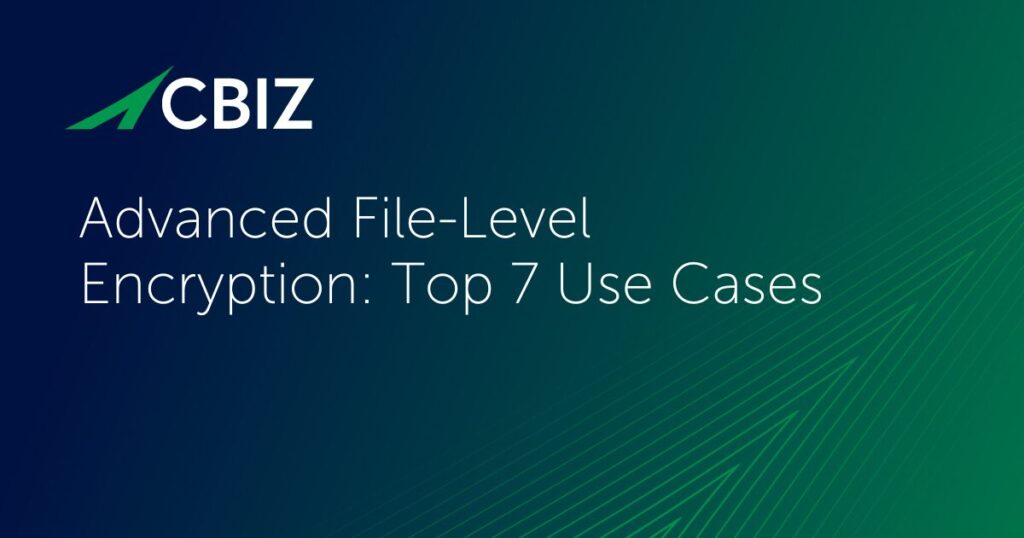Last Updated on January 31, 2025
What makes some firms more appealing than others to venture capitalists and other private equity investors? What are the most critical factors… a genius idea? A great management team? Mature business processes?
To share observations from his successive careers as an engineer, entrepreneur and venture capitalist, a recent episode of The Virtual CISO Podcast features Alberto Yépez, currently Co-Founder and Managing Director at Forgepoint Capital. Hosting the show is Pivot Point Security CISO and Managing Partner, John Verry.
Making the jump
In his own working life, Alberto has made the jump from technologist to business leader to venture capitalist. This gives him an exceptional background to help entrepreneurs “build businesses that protect the digital future.”
Alberto flags 5 priorities that equity investors look for in tech companies that can meet their requirements for return on investment. A couple of them may surprise you:
- Addressable market
- Intellectual property (IP)
- Go-to-market strategy
- The founders and executive team
- The “syndicate” or “support group” that is advising the executive leadership on how to scale the business
With these 5 priorities it’s all or nothing. To succeed, you need to align all 5.
Alberto explains: “You may have the best technology in the fastest-growing market with the right team. But if the go-to-market fails, you’re done. You may have the best go-to-market and the right team with the right syndicate. But if your market is very small…”
One: Market
Unsurprisingly, investors strongly prefer large, fast-growing market opportunities. If the market is too small, they won’t be happy with the size and rate of return on their money.
Two: Intellectual property
The most valuable intellectual property to an investor is highly differentiated and hard to replicate. That’s why Alberto and his colleagues tend to invest primarily in high-IP content businesses. Many exits in the cybersecurity space are mergers or acquisitions, with established companies buying the innovators in order to stay relevant. IP is critical to these investments.
Three: Go-to-market strategy
In the tech solution space, a popular go-to-market strategy is to make the product easy to consume and deploy, preferably using a cloud-first (often SaaS) and subscription-based model. A high capital cost is a barrier to sales, especially for SMBs.
Four: Founders
Alberto refers to the founders as, “the core of the company, the DNA.” These individuals are a critical success factor, because ultimately you’re investing in people.
“Do they have the context?” Alberto frames. “Do they have the contacts, the knowledge and the experience that they think they can address—this large market opportunity with differentiated IP and a sensible go-to-market strategy?”
Five: Syndicate
As Alberto explains, companies take time to develop, and the backers and supporters they attract along the way are hugely important to success. This could be investors, board members, and others whose vision, expertise and connections are key at various times to steer and scale the business. People like Alberto specialize in optimizing these “syndicate” relationships.
Investing in people first
While Alberto lists the two “people priorities” last, he underscores that, “We bet on people and we partner fundamentally with the founders. We may need to bring somebody in to help scale the business. But if [the founders] don’t want to do that and want to go all the way [themselves], we support them and bring people in under them who can help them with their blind spots.”
Some founders love to innovate, but they don’t like the politics of a top management role.
“Forgepoint partners with the entrepreneurs to help scale and build businesses,” Alberto adds. “We have a lot of relationships to bring people into companies when and if the appropriate time comes, to help it scale.”
What’s next?
To listen to this episode with Alberto Yépez in its entirety, click here.
How does your company’s cybersecurity posture influence investors? Check this blog post for insight: SaaS Security – How Your Security Impacts Your Investment Deals



























